The Ethical Impact of Artisan-Made Fashion in 2024
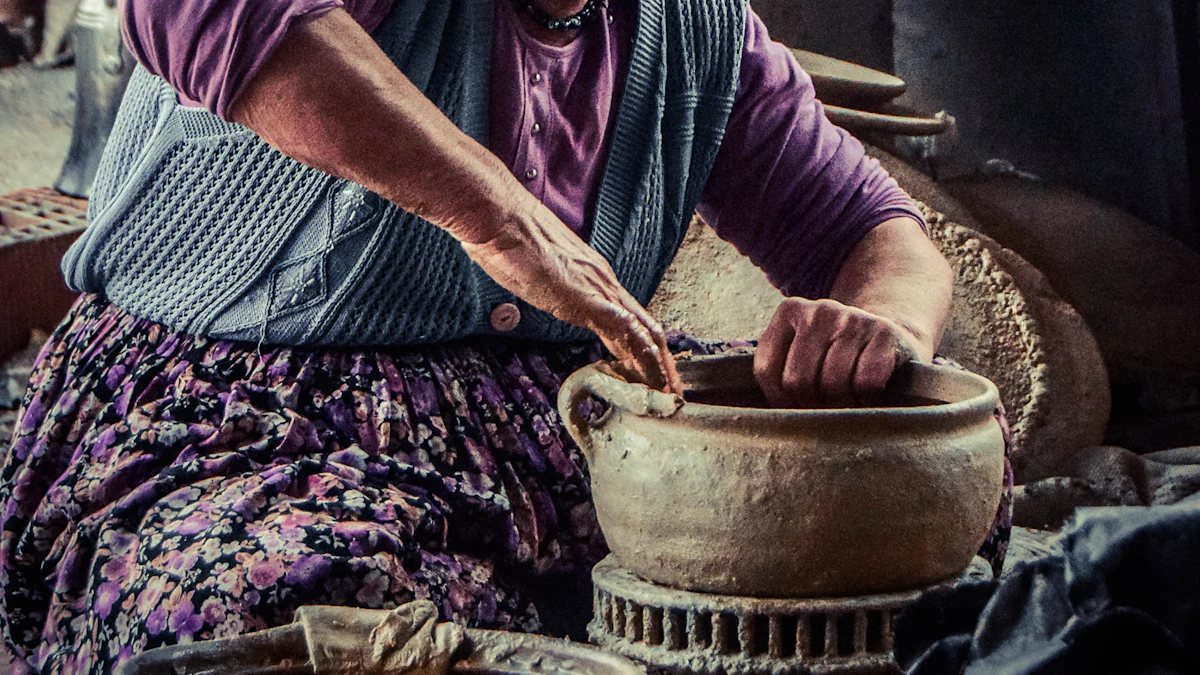
Empowering Ethical Fashion Through Artisan Craftsmanship
The intersection of artisan craftsmanship and ethical fashion is a pivotal force in reshaping the industry. Artisan-made fashion not only preserves traditions but also supports ethical supply chains, promoting sustainability and fair labor practices. Small-scale artisans play a crucial role in empowering ethical consumerism by offering unique, handcrafted products that reflect traditional artistry and heritage. As Jen Lewis from Purse & Clutch aptly puts it, artisan-made items involve slower, by-hand processes, making them truly special and imbued with cultural significance.
What Does Artician Mean?
So basically, a craftsman is a skilled master artisan/craftsperson that uses century old techniques in making items by his or her own hands, which requires a lot of patience and experience. Artisanry is an art of building an artistic tradition that is transmitted from generation to generation, that embodies the cultural heritage and that not only depend on the time-tested techniques, but also lie with their region of origin.In the designs from the crimson embroidery to the finely carved wood patterns, the artisan's works narrate the story of tradition and the human interconnection made possible through creativity. In caring for people by listening and reading their emotions, they bring to their work patience, compassion, and tenderness - characteristics that computers can never possess. An artisan grazer is not just their work but a habit of existence and a tapestry made of the threads of their ancestors.Besides the fact that there are so many goods with "handmade" label, even some supermarket-bought things(toothpaste,raisins) can do the trick, true artisanship implies hand-production with limited supply from a single maker. This ethicality touches on employment ethics like security, the truth of wages, and respect of human dignity. Every time you buy a handmade craft from an artist, you not just have a skilled worker but you also are sustaining a its legacy in place.
However, let's be clear - the "artisan-made" claim alone does not guarantee an ethically-made product. Without third-party verification like Fair Trade certification, that coveted label can be little more than an empty marketing ploy. So educate yourself, dear consumer. Demand proof of ethical sourcing and humane practices. Only then can you truly appreciate the labor of love that is artisan craftsmanship.

Why Should We Choose Artisian Made fashion?
True artisan fashion transcends mere clothing - it is an intimate form of self-expression, a wearable art that allows one's unique identity to be meticulously crafted into every stitch. The realm of artisan couture offers a luxurious canvas where the client becomes the muse, orchestrating a personal sartorial narrative. From selection of sumptuous fabrics that whisper comfort against the skin to the tailoring of designs that echo one's distinct personal taste, the process is an immersive experience shaped by the deft hands of passionate artisans. These garments are not simply draped upon the body, but seem to arise from the very essence of the wearer, transforming into wearable stories that put craftsmanship and individuality on display. In this rarefied space, the pursuit of sartorial perfection is realized. Each carefully constructed piece is a symphony, where the harmonious blending of refined technique and personal flair by the makers manifests the client's transcendent vision into a garment that becomes an intimate reflection of their identity. Such artistry cannot be replicated by the mass-produced - it is couture at its purest.
Preserving Traditions and Ethical Supply Chains
Artisan-made products play a pivotal role in promoting ethical supply chains by preserving traditions and skilled work through their craftsmanship. These items ensure high-quality, personalized touches in everyday essentials, offering consumers a unique connection to the products they purchase. For instance, artisan bags from Della J Designz are not just accessories; they represent a commitment to supporting ethical supply chains and preserving traditional craftsmanship.
Empowering artisans for fair wages and providing a safe work environment is essential for sustaining small or local businesses within the artisan-made fashion industry. Prioritizing creativity and talent in the market ensures that artisans are fairly compensated for their exceptional skills, contributing to the overall growth of ethical consumerism. As expressed by Anna Collins and Shammy Peterson, purchasing artisan-made products not only supports small businesses but also enables artists to continue their craft while putting people first.
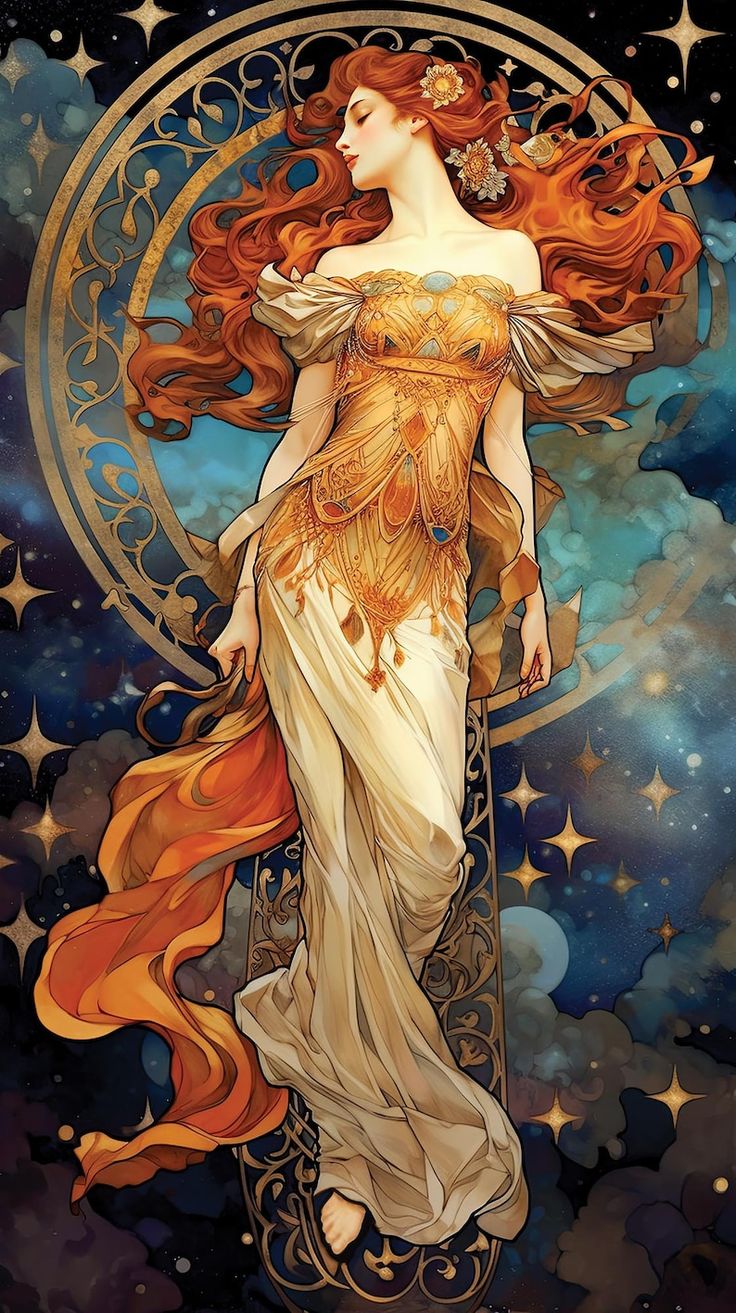
Navigating the Undefined Nature of 'Artisan-Made'
The critical role of artisan-made fashion in the ethical movement cannot be overstated. It serves as a catalyst for prompting consumers to delve into human rights issues within the fashion industry and encourages them to ask pertinent questions about the products they purchase. However, challenges arise in defining 'artisan-made' and its impact on consumers, particularly due to its undefined nature. While artisan-made fashion has gained recognition in the mainstream, its ambiguity creates confusion, especially in a market conditioned to expect convenience and low prices.
Assessing the authenticity of artisan-made brands presents further complexities. The varying definitions of 'artisan-made' among different brands pose challenges for consumers in identifying genuine artisan-made products. Expert opinions from Shivam Punjya of Behno and Sica Schmitz from Bead & Reel emphasize the need for clarity and distinction between artisan-made and fair trade, urging brands to provide additional details to elucidate how their products align with artisan craftsmanship.
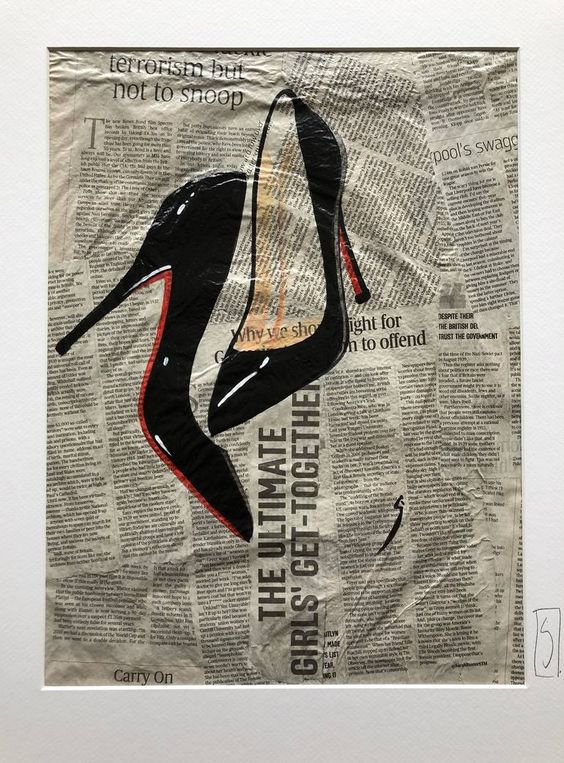
Empowering Artisans and Ethical Consumerism
The Impact of Small-Scale Changes in Artisan-Made Fashion
Small-scale changes in artisan-made fashion have a profound impact on communities, revitalizing local economies and preserving traditional craftsmanship. By supporting women in business through artisan-made products, these initiatives contribute to gender equality and empowerment within the industry. Moreover, small-scale sustainability efforts yield immediate and direct effects, fostering a more ethical approach to consumerism while promoting environmental consciousness.
What Fashion Materials to Shop For In 2024?
AI and body scanning can formulate the best clothing piece suited for one's silhouette.The process tipically involves using 3D cameras to measure the exact measurement of one's body. Later, this image is processed to forcaste the visualization of clothing garment on your own your body. Essentially, you personal measurement data is being synthesized into the system. The 3D avetar image gives you an opportunity to pick clothing styles according to your own preference.
In the upcoming year 2024, a pivotal shift towards sustainable fashion will be seen as the industry embraces the use of innovative and eco-friendly fabrics. Notably, materials such as recycled polyester, organic cotton, and emerging alternatives like pineapple leather and mushroom-based textiles will take center stage in promoting eco-conscious practices. By integrating these groundbreaking materials into their product offerings, apparel retailers are poised to cater to the growing demand for sustainable and environmentally friendly options among consumers. The adoption of these materials signifies a significant reduction in the environmental impact caused by traditional textile production processes.

The Future of Ethical Artisan-Made Fashion
The future of artisan-made fashion within the ethical movement is poised for significant evolution. As awareness and appreciation of artisan craftsmanship continue to grow, there is immense potential for a shift towards sustainable and ethical consumer practices. The onlgoing trend of minimalism and slow fashion has taken place. People begin to value quality over quantity. This collective effort holds promise for a future where artisan-made fashion thrives as a symbol of conscientious consumption and cultural preservation.

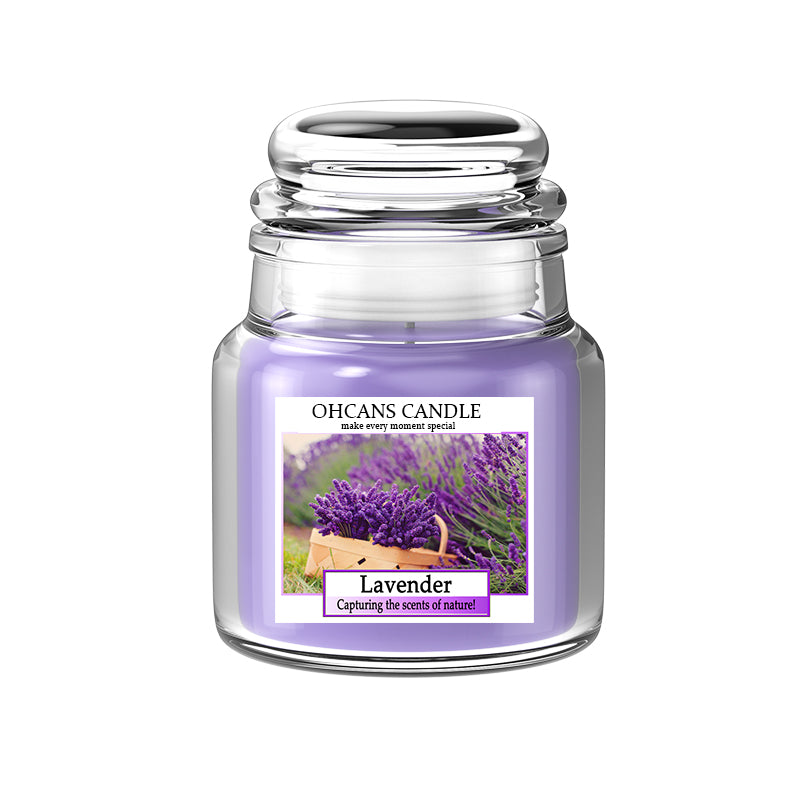
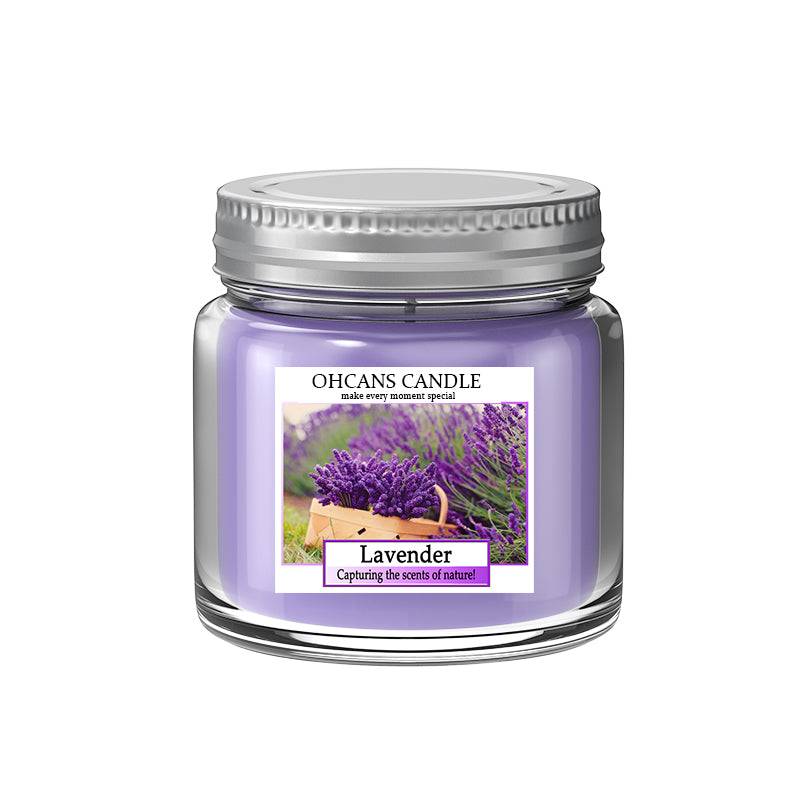

Leave a comment